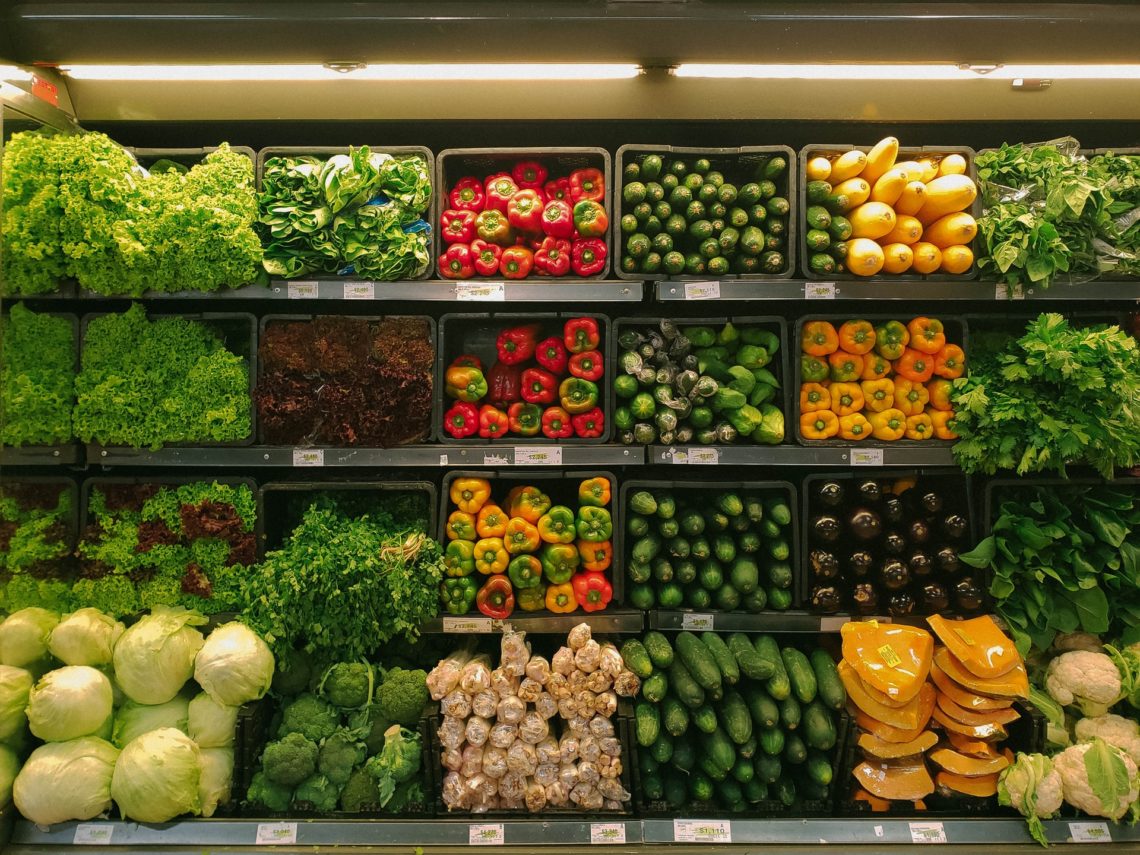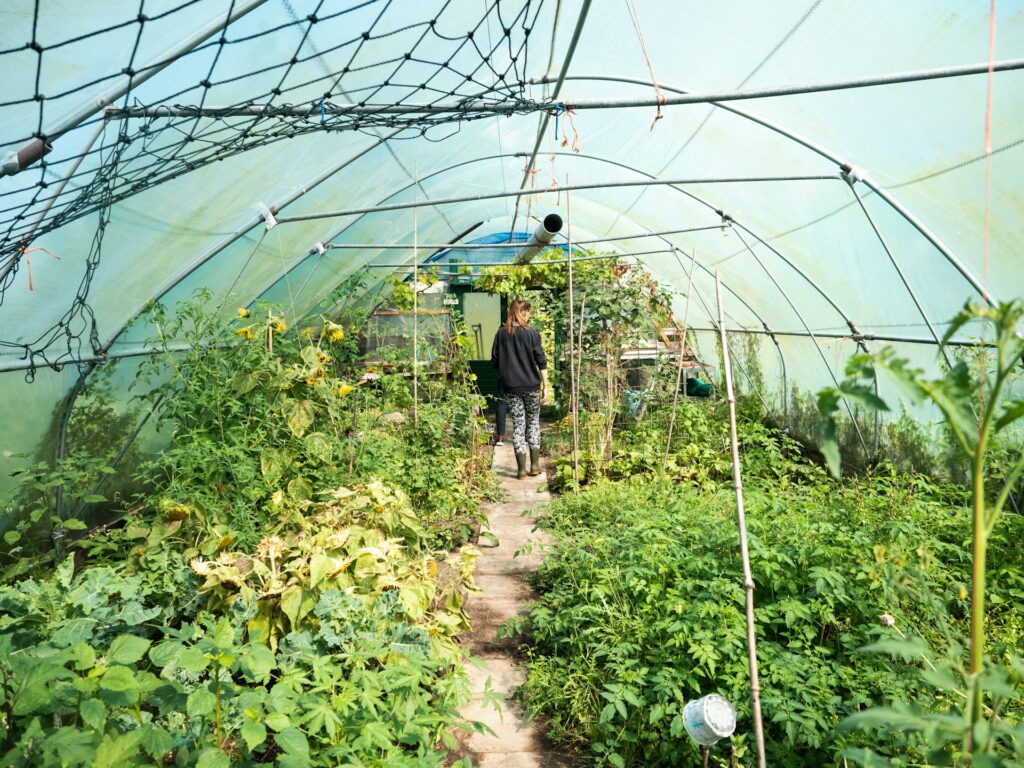
How Easily Plant-Based Diets Benefit the Environment
Switching to a plant-based diet isn’t just a personal health choice; it’s a powerful way to help the environment. For people in the UK looking to reduce their meat and animal product consumption, the benefits are substantial. More recent research shows that the carbon footprint of a vegan diet can be as much as 60% smaller than a meat-based one, and 24% smaller than a vegetarian diet.
With the UK currently not on target to meet it’s climate commitments by 2030 it’s important we all do as much as we are able to at an individual level to help reduce carbon emissions.
Eating Less Meat Means Less Land Clearance
One of the major impacts of animal agriculture is the vast amount of land needed for grazing and making animal feed. By eating less meat, we reduce the demand for this land. Imagine the UK’s rolling hills not dominated by grazing cattle, but teeming with diverse plant life. This would lead to greater biodiversity and habitat for natural wildlife and insects.
Plus, the space required to produce plant-based foods is significantly less. For instance, growing vegetables, fruits, and grains for direct human consumption needs much less land compared to the vast fields required to produce feed for livestock as well as humans.
This reduction in land use helps to preserve natural habitats and maintain biodiversity. Forests, which are often cleared to make way for animal agriculture, can be preserved, protecting countless species from losing their homes.
Fewer Resources Needed to Create Food
Producing animal-based foods is resource-intensive. It requires large amounts of water, feed, and energy. For example, the water footprint of beef is substantially higher than that of most plant-based foods. A plant-based diet typically requires less water, which is especially important in times of increasing water scarcity.
Additionally, the feed conversion ratio—the amount of feed required to produce a unit of food—is far more efficient for plants than animals. This means growing plants directly for human consumption is a more efficient way to use the Earth’s resources.

Fewer Greenhouse Gas Emissions
Animal agriculture is a major contributor to greenhouse gas emissions, which are a key driver of climate change. Livestock produce methane, a greenhouse gas that is far more potent than carbon dioxide. In 2022, cattle enteric fermentation and manure management totalled 18 and 5.2 million metric tons of carbon dioxide equivalent. By reducing meat consumption, the demand for livestock decreases, which in turn reduces methane emissions.
The processes involved in animal farming—such as feed production, manure management, and transport—also emit large amounts of greenhouse gases. Shifting to a plant-based diet reduces these emissions significantly. In fact, studies have shown that plant-based diets can lower an individual’s carbon footprint by up to 50%.
Why Does All Of This Matter?
Climate change is one of the most pressing issues of our time. Rising temperatures, melting ice caps, and extreme weather events are just a few of the signs that our planet is in trouble. The UK’s commitment to reducing its carbon footprint is crucial in the global fight against climate change and as we’ve said, we’re not currently on target to hit our goals as a nation.
With a plant-based diet, we can contribute to this effort at an individual level. Every meal that includes plant-based foods instead of meat is a step towards a more sustainable future. If you can make a switch, we’d urge you to consider making some swaps throughout the week.
How to Get Started
It can feel like a huge change to start making swaps to plant-based foods. That’s why we recommend a slow and steady approach. Join in with something like Meatless Monday to start exploring new foods and seeing how different meat alternatives can work for you and your family. Here are some simple swaps and tips to get started:
- Replace dairy milk with plant-based options like almond, oat, or soy milk.
- Try plant-based meats made from ingredients like beans, lentils, and tofu.
- Base your meals around veggies, fruits, grains, nuts, and seeds to keep your meals satisfying and nutritious
- Look up recipes online for inspiration that take the guess work our of which swaps to use. The BBC Good Food website has a whole section for plant-based recipes to try.
- Look for meal kits that include plant-based options to take all the stress out of cooking new things. Hello Fresh has dedicate dplant-based recipes to choose from.
Remember you don’t have to go fully vegan overnight. Gradually reduce your meat intake and try more plant-based meals to find what works for you and keep it manageable.





